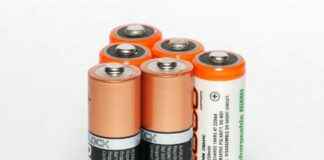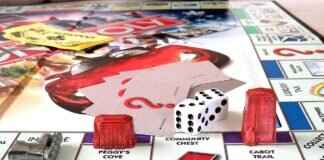Health and Human Services Secretary Robert F. Kennedy Jr. recently made controversial statements regarding the measles vaccine, sparking a debate among medical experts and the public. Kennedy, known for his anti-vaccine activism, called for people to get vaccinated against measles while also spreading misinformation about the vaccine’s safety and efficacy. In an interview with CBS News, Kennedy falsely claimed that the measles vaccine has not been adequately tested for safety and that its protection is short-lived, despite overwhelming evidence to the contrary. This has raised concerns among health professionals, who stress the importance of accurate information in combating the current measles outbreak in the United States.
Kennedy’s Misinformation and Anti-Vaccine Stance
Kennedy’s statements have drawn criticism from many in the medical community, who argue that his anti-vaccine views are hindering efforts to control the spread of measles. By downplaying the effectiveness of the measles vaccine and promoting unproven treatments, Kennedy is perpetuating myths that could have serious consequences for public health. Dr. Paul Offit, a leading expert in vaccine education, refuted Kennedy’s claims, stating that the measles, mumps, and rubella (MMR) vaccine provides lifelong protection by stimulating the production of memory cells that can recognize the virus over a lifetime. This contradicts Kennedy’s assertion that immunity from the vaccine wanes quickly, leading to inevitable measles outbreaks.
Dr. William Moss, director of the Johns Hopkins International Vaccine Access Center, criticized Kennedy’s comparison of measles cases in the United States to those in Europe, calling it a false equivalence. By cherry-picking data and misrepresenting facts, Kennedy is undermining efforts to contain the outbreak and protect vulnerable populations. Moss emphasized the need to focus on domestic measles cases and implement strategies to improve vaccination rates, rather than drawing misleading comparisons to other countries.
The Importance of Vaccine Safety and Efficacy
While Kennedy has raised concerns about vaccine safety and trial practices, experts emphasize that vaccines undergo rigorous testing before approval. Dr. Ofer Levy, director of the precision vaccines program at Boston Children’s Hospital, highlighted the extensive research and monitoring that goes into vaccine development, ensuring that they are both safe and effective. Despite Kennedy’s claims that childhood vaccines lack proper testing against placebos, medical professionals stress that vaccines are subject to thorough evaluation and surveillance to detect any adverse reactions.
Dr. Offit criticized Kennedy for spreading misinformation about vaccine safety and efficacy, noting that his definition of a placebo differs from established scientific standards. By misrepresenting the facts and sowing doubt about vaccination, Kennedy is contributing to public confusion and potentially putting lives at risk. While there is always room for further research and safety studies, experts agree that vaccines have played a crucial role in preventing severe diseases in children and should be supported through evidence-based information.
As the debate over vaccine safety and misinformation continues, it is essential for the public to rely on accurate, evidence-based information from trusted medical sources. By understanding the importance of vaccines in protecting public health and dispelling myths perpetuated by anti-vaccine activists, individuals can make informed decisions about their health and well-being. The ongoing measles outbreak serves as a stark reminder of the critical role vaccines play in preventing infectious diseases and safeguarding vulnerable populations.














